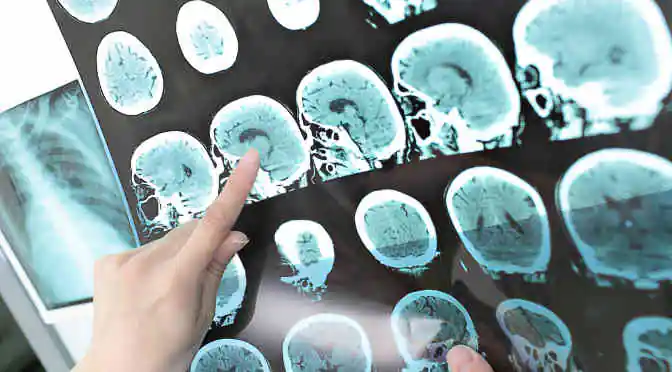A global health crisis, Alzheimer’s has kept the entire medical fraternity on its toes. While research agencies are diligently working towards finding a cure for this mental disorder, the patient community is looking for every possible help to take preventive measures and undergo effective treatment.
Alzheimer’s: As we know it today
A common type of dementia, Alzheimer’s is a progressive brain disorder for which, at present, we do not have a cure. The disease is known to develop in a rather slow and gradual phase, by initially damaging and later destroying the brain cells. Changes in functioning of the brain along with memory loss are the common symptoms of this disorder. Researchers are yet to understand the reason behind the failure of brain cells, though most of them are quite sure that the condition is not the result of a single factor alone. Like any chronic disease, multiple factors with aging being the prime one is responsible for this health condition. Having a family history and carrying of the APOE-e4 gene are regarded as the two major factors for the development of Alzheimer’s.
The Future of Alzheimer’s
From stressful experiences which age the brain, to poverty, and not to forget the role of genes – Alzheimer’s is one riddle which every drug giant is working to solve. The Swiss drugmaker, Novartis, is already experimenting with drugs which boost the immune system of those susceptible to the disorder. In the latest report on the global Alzheimer’s drugs market, our industry experts predict reformulation of marketed drugs along with increased awareness and government initiatives to be the emerging trends in the global market.
Working towards a future where Alzheimer’s as a fatal disease is forgotten is a daunting goal for major stakeholders in the healthcare industry. At present, most of the drugs available fail to treat the underlying cause of the mental disorder. A breakthrough can be attained only when the symptoms are either treated completely or delayed for a good amount of time.
Clinical trials, adoption of biomarkers for early detection of the disorder, and use of brain imaging are sure to go a long way in altering the speed with which Alzheimer’s spreads. The role of diet, mental and social stimulation, along with the lifestyle one leads are other factors which are being considered to understand how the disease can be treated.



